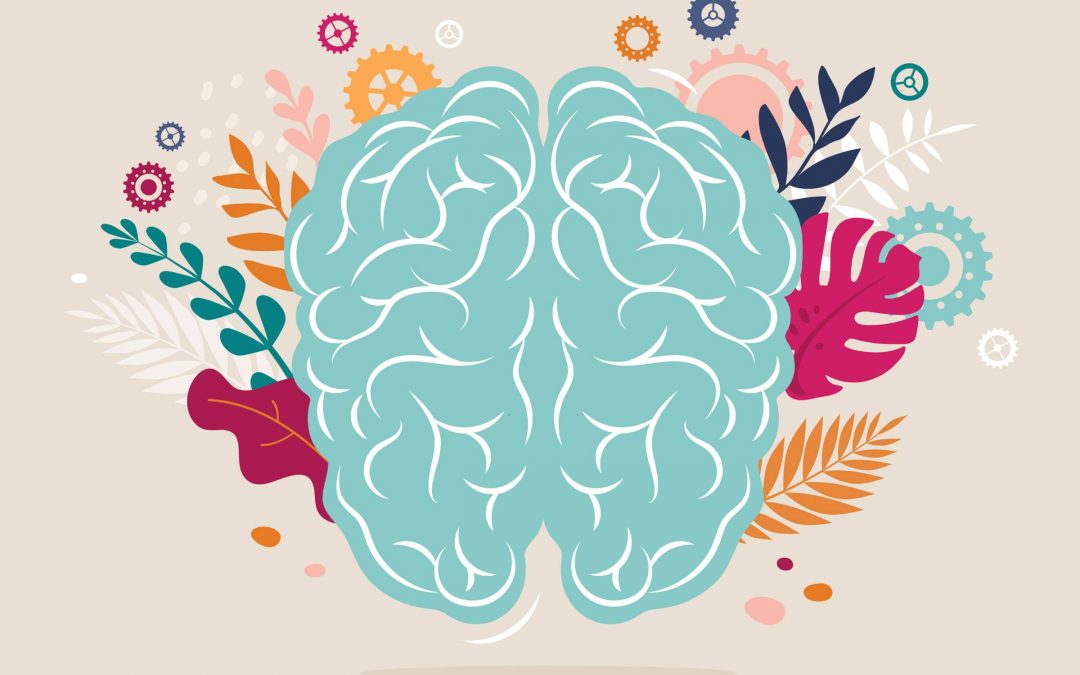
Solidarity
Author: Rui
The year 2020 has been far from the previous years we have been experiencing in our modern society, it was the year when the European solidarity was put to test.
Solidarity has always been receiving considerable collective attention in public debates during the last decade, the reasoning of various crises affecting Europe have put the perception of European solidarity under stress. Even more in the year of 2020 when the whole society was hit with the global pandemic, COVID-19, in which European solidarity became overwhelmed with difficulties.
The pandemic situation we are still experiencing is causing an economic and social crisis with profound and devastating impact on many families. And, as we know, Europe did everything to quickly respond to the coronavirus crisis and has shown extraordinary solidarity to face the pandemic together and to protect the health of the European citizens.
“Unity is strength” as an official motto of European united countries was especially shown to up live to its expectation when a lot of resilience had to be demonstrated.
The resilience shown by Europe during the year 2020 encourages us to acknowledge the solidity of countries’ united foundations and contribution for European unity and wellbeing.
Research shows that there is clear citizen support for solidarity actions and policies in Europe. There is strong evidence of attitudes supporting people in need, reduction of wealth inconsistencies and willingness to support other countries in financial difficulty.
Solidarity is one of the key phenomena studied in the social sciences. Research in sociology, economics, political sciences, and psychology, among others, has been inquiring for many decades into the forms and conditions of social integration and cohesion in order to better understand the social foundations of societies.
European solidarity actions exist, but they are strongly dependent on volunteers and civil society organizations and often manifest themselves at a local level without necessarily finding a strong European articulation. The fragility of solidarity requires a resilience building process to enable long term sustainability of social justice outcomes.
In one statement the Portuguese Internal Affairs Ministry said problems related to migration from outside the EU could only be solved with “solidarity between countries” but highlighted “such solidarity cannot be voluntary”.
“Flexible” but “mandatory solidarity” between EU countries is the key concept Portugal is pushing for, the ministry said.
In march of 2020 the catastrophic situation that was going on in Portugal, namely in Lagos, with many people losing their sources of income. From these concerns, an associative movement arose to feed people in serious need situations. In Lagos the main and predominant economic activity, directly and indirectly, is tourism which suffered a great deal. Around 60,000 people in Portugal who worked in this sector unfortunately have lost their jobs.
Portuguese Ministry of Solidarity, Labours, Social Security and Employment guarantees that every citizen enjoys the universal right to welfare and to retirement pensions. This ministry develops, implements and supports social actions and promotes equal opportunities in childhood, youth, active ageing, dependency and immigration among ethnic minorities and other groups in vulnerable situations.
The Ministry approves and implements measures which support the family, help people make decisions regarding building a family and reconcile work and family life, and defend children and young people’s rights, preventing situations that might affect their safety, security, health, training, education or complete development.
At times like this Portugal is showing a good example of solidarity in practice to the rest of Europe and improving coherent behavior.
Even in hard times like this with global pandemic when there are a lot of expectations and where Europe is put under a lot of stress, countries stand united and are efficiently solving difficulties that came upon us, cooperating together and showing solidarity and unity to the world. We must remember that every difficulty will pass however hard it might seem and that after we will stand even stronger and more connected after everything.





Nedavni komentarji